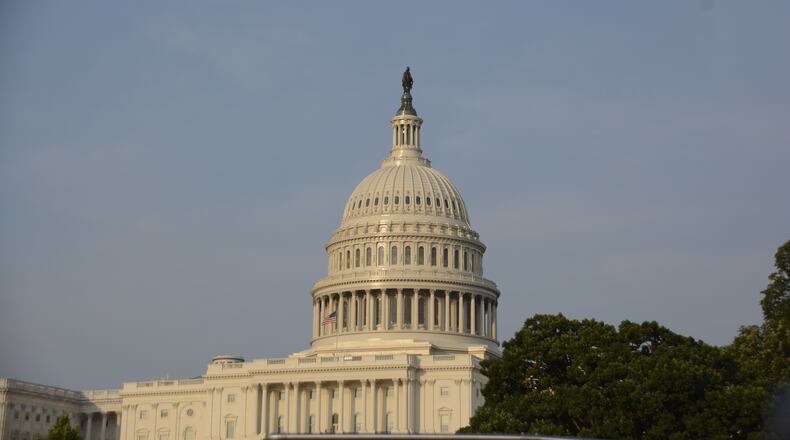Here are the Bill of Rights:
First Amendment: Congress shall make no law respecting an establishment of religion, or prohibiting the free exercise thereof; or abridging the freedom of speech, or of the press; or the right of the people peaceably to assemble, and to petition the government for a redress of grievances.
Second Amendment: A well regulated militia, being necessary to the security of a free state, the right of the people to keep and bear arms, shall not be infringed.
Third Amendment: No soldier shall, in time of peace, be quartered in any house without the consent of the owner, nor in time of war, but in a manner to be prescribed by law.
Fourth Amendment: The right of the people to be secure in their persons, houses, papers and effects, against unreasonable searches and seizures, shall not be violated, and no warrants shall issue, but upon probable cause supported by oath or affirmation, and particularly describing the place to be searched, and the persons or things to be seized.
Fifth Amendment: No person shall be held to answer for a capital, or otherwise infamous crime, unless on a presentment or indictment of a grand jury, except in cases arising in the land or naval forces, or in the militia, when in actual service in time of war or public danger; nor shall any person be subject for the same offence to be twice put in jeopardy of life or limb; nor shall be compelled in any criminal case to be a witness against himself, nor be deprived of life, liberty, or property, without due process of law; nor shall private property be taken for public use, without just compensation.
Sixth Amendment: In all criminal prosecutions, the accused shall enjoy the right to a speedy and public trial, by an impartial jury of the state and district wherein the crime shall have been committed, which district shall have been previously ascertained by law, and to be informed of the nature and cause of the accusation; to be confronted with the witnesses against him; to have compulsory process for obtaining witnesses in his favor, and to have the assistance of counsel for his defense.
Seventh Amendment: In suits at common law, where the value in controversy shall exceed twenty dollars, the right of trial by jury shall be preserved, and no fact, tried by a jury, shall be otherwise re-examined in any court of the United States, than according to the rules of the common law.
Eighth Amendment: Excessive bail shall not be required, nor excessive fines imposed, nor cruel and unusual punishments inflicted.
Ninth Amendment: The enumeration in the Constitution, of certain rights, shall not be construed to deny or disparage others retained by the people.
10th Amendment: The powers not delegated to the United States by the Constitution, nor prohibited by it to the states, are reserved to the states respectively, or to the people.
Here’s what happened to the two proposed articles of the 12 introduced in the first U.S. Congress:
The first proposed article, known as the Congressional Apportionment Amendment, established when and by how many representatives in the U.S. House would increase based on population counts.
By the proposal, with nearly 330 million people, more than 6,000 people would be in Congress.
The article is still technically pending before the states, but based on the number of states 27 more states would need to ratify the proposed article.
The second proposed article, which set rules about when congressional salary takes effect, was adopted 202 years, seven months and 10 days after it was proposed.
In 1982, Gregory Watson, a then-19-year-old sophomore at University of Texas Austin, claimed the proposed article could still be ratified in a paper for government class, according to news reports.
He was given a “C,” despite an appeal to his professor.
Watson campaigned to complete the ratification ended on May 5, 1992, when it became the 27th amendment to the U.S. Constitution.
About the Author

